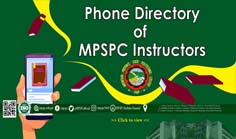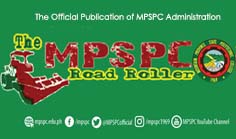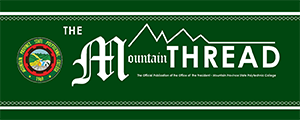FARMING PRACTICES, INSECT, PEST AND DISEASE MANAGEMENT OF ARABICA COFFEE
IN MOUNTAIN PROVINCE
Elmer D. Pakipac
ABSTRACT
Coffees grown for commercial purpose are mainly planted in backyard or on few plantations. Farmers are receptive to trainings but they prefer short-term activities.
In the pre-production practices, coffee farmers depended on the seed and seedling dispersal program of DA and the local government units and non government organizations. However, majority used wildlings in their coffee farm expansion.
Arabica coffee is commonly used as soil stabilizer, wind breaks and plant markers. Backyard coffee is not fertilized except that uprooted weeds are placed around coffee trees as mulch and as green manure. However, some farmers apply both organic and inorganic fertilizers minimally during the vegetative stage.
Rejuvenating technology is being adopted by coffee growers but most practitioners do not follow the proper procedures. There are few insect, pests and diseases with economic importance on coffee although their degree of damage is generally minimal. Coffee borer and termites need proper monitoring because their population are moderate in coffee growing areas like upper Sabangan and some parts of Bauko area. Disease like premature drying and falling of berries caused by anthracnose were found in all major coffee growing areas in the province although the degree of severity is low.
Sanitation, smoking and pruning are the common insect pest and disease management practices in the locality.

















